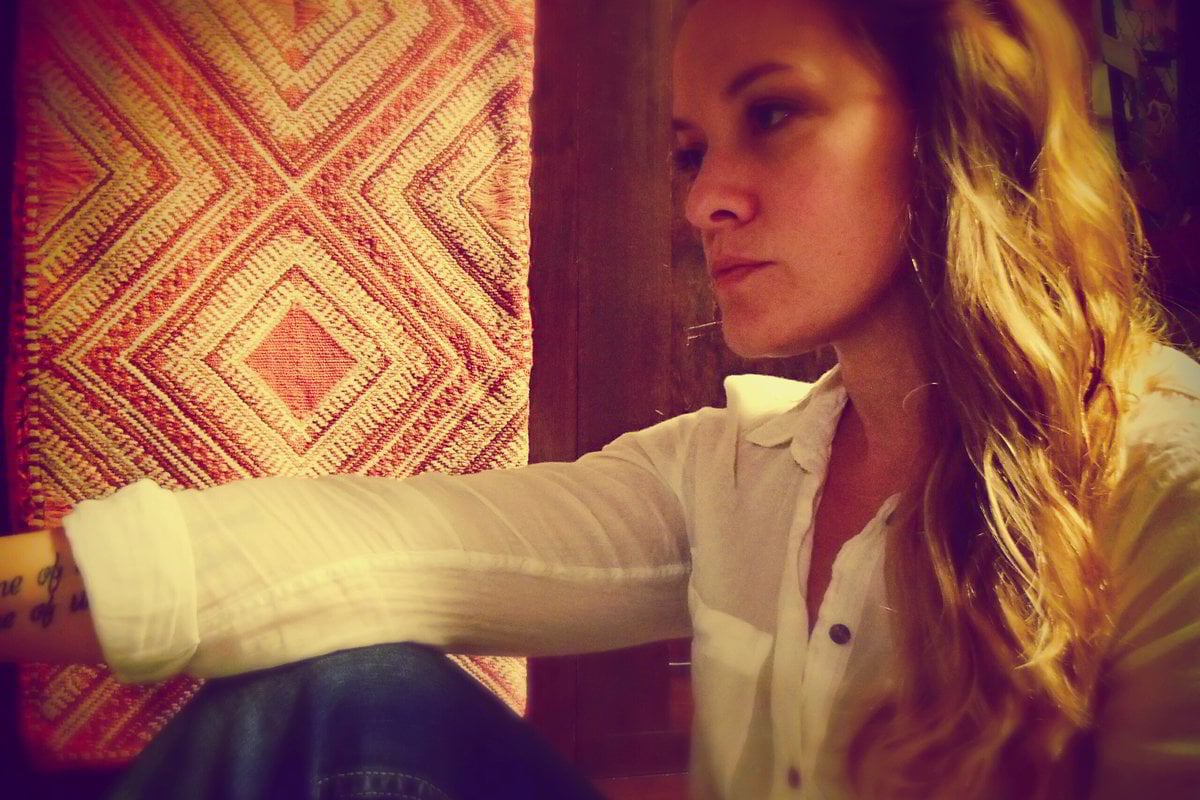
This post deals with sexual assault and might be triggering for some readers.
The author of this piece is known to Mamamia but has chosen to use a pseudonym. The feature image used is a stock photo.
I’m facing away from the camera. The lens captures a side of me I can’t see in the workplace – the small frame of a young woman, cramped over a desk and starting at a screen, unaware she’s the object of her manager’s gaze.
Moments later, he calls me out and tells me to smile. Obediently, I turn around. Confronted by the lens, I give him a playful thumbs up and bare my teeth in a grin. He captures me again.
Standalone, these two snapshots may appear to reflect a fun moment between colleagues at work. But when this 11-year-old Facebook Memory shows up in my newsfeed today, the name of the photographer attached, I’m immediately drawn back into the trauma of five long years in which he sexually harassed me in the workplace; the trauma of being trolled online when I spoke out about it.
Watch: Women and Violence - The hidden numbers. Post continues below.
I wrote about my experience, once. My online story was published under a big Australian masthead, securing my confidence, authority, and – I’d assumed – safety.
But it was still a few years before #MeToo had hit social media. Choosing to keep my name anonymous next to that story had been a good idea: men left comment after comment debating whether or not my trauma was valid, or the events truthful.
